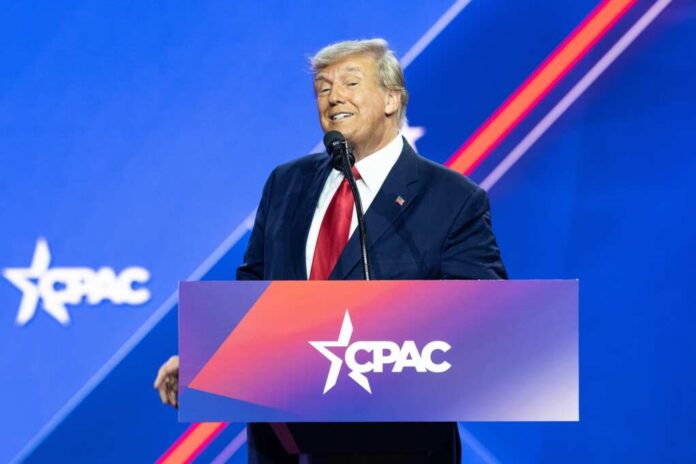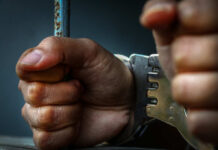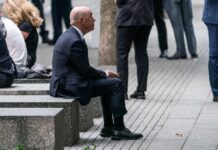
Twelve jurors are now seated in the latest Democrat persecution of former President Donald Trump. The roster for the New York City “hush money” trial are mostly college educated, and a few expressed negative feelings about the 45th president.
Of course, they will still sit in judgment of the presumptive Republican presidential nominee.
One man is an investment banker who follows among other accounts on X, formerly Twitter, former Trump lawyer Michael Cohen and the vehemently anti-Republican “Mueller She Wrote.” A security engineer on the jury said he had family or a close friend who worked for a Trump-related company.
Another is a retired man of Lebanese descent who follows the BBC, CNBC, the New York Times and the Wall Street Journal. A woman who is a speech therapist said she did not agree with many of Trump’s positions and decisions while in the White House.
An eyewear worker said he has no strong opinions of Trump, while a product development manager expressed a strong dislike for the 45th president. She called him “very selfish and self serving” and “not my cup of tea.”
This is one of the prospective jurors who assured us she could be unbiased in the Trump trial.
Admitting to lying under oath, on camera, facing zero legal repercussions. pic.twitter.com/zyM4AmWzM5
— Dinesh D'Souza (@DineshDSouza) April 18, 2024
A physical therapist said she harbored no serious feelings about the candidate. This sentiment was expressed by other jurors seated for the trial, which is difficult to believe considering the current political climate.
One prospective Trump juror apparently went too far with their left-wing activism. A man previously arrested for tearing down conservative signs was dismissed from duty.
The Westchester resident was taken into custody for destroying political advertisements posted around town.
It was also discovered that his wife was targeted by a “corruption inquiry” that was settled with an agreement through the district attorney’s office. Jurors were asked if they or someone close to them ever ran afoul of the law.
Another juror was dismissed when she told the court that she could not be fair. The nurse returned to duty Thursday morning and said that, after thinking it through, she determined she could not be balanced in her perspective on the case.
She explained that she did not want her identity revealed and that what she termed as “outside influence” would corrupt her decision making.














